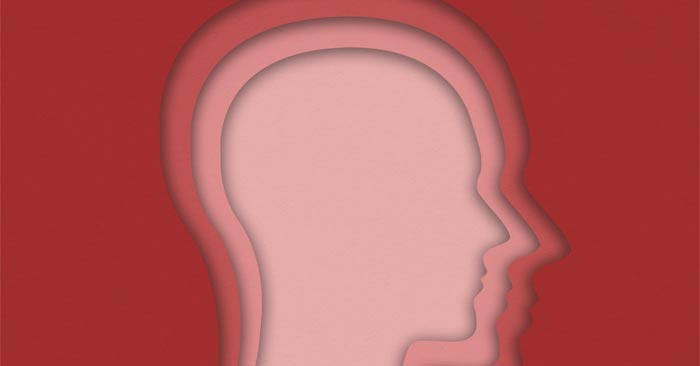What is Depression? How to Treat 3 Common Types of Depression
Depression is an alarming disease in today's modern society. If not treated promptly, people with depression are prone to regrettable foolish behavior. Here are things you need to know about depression .

What is depression?
Depression is a mental health condition that involves persistent low mood or loss of interest or pleasure in life. This may seem confusing, but according to psychologists, you don't actually have to be depressed to be diagnosed with Depression .
Although not a prerequisite for diagnosis, depressed mood is the most common symptom of depression, occurring in more than 90% of people with depression. Anhedonia, or loss of interest or pleasure in activities, affects about two-thirds of people with the condition. In fact, depression is ' a pretty vague concept .'
3 common types of depression
A new study from Washington University School of Medicine in St. Louis, published in June, identified three main types of depression common in the general population and looked at how they manifest in the brain and in patients' daily lives.
Although conducted in the United States, the study used data from the UK Biobank, which has followed the health of half a million British volunteers over their lifetimes. Depressed mood without motivation, depressed motivation without depressed mood, and a combination of the two are common.
Depressed mood (unmotivated depression)
People who primarily struggle with depressed mood may experience:
- Feeling sad, tearful, numb, or empty that lasts for at least two weeks.
- Easily frustrated, irritable, or angry about things they never bothered about before (a symptom of anxiety, often accompanied by depressed mood).
- Excessive or inappropriate feelings of guilt or shame about things they did not do or are not responsible for.
- A persistent and extreme negative view of themselves and their abilities, or feelings of worthlessness.
Low motivation (not accompanied by depressed mood)
People who primarily struggle with low motivation may experience:
- Persistent fatigue despite good sleep.
- Cognitive impairment (brain fog), which may manifest as difficulty concentrating or making decisions.
- Difficulty completing everyday tasks such as work, housework, or administrative tasks.
- Sudden loss of sexual desire.
- Loss of interest in other people, as well as activities and hobbies.
Depressed mood and low motivation
People who have difficulty concentrating plus depressed mood and low motivation may experience a combination of these symptoms.

The best treatment for each type of depression
Neuroimaging MRI scans may have the potential to predict clinical outcomes that depression symptom screening cannot capture.
Although treatment can be difficult, it is important not to lose hope. There are many different treatments that are effective for depression, so if one doesn't seem to work for you, see your doctor again and ask about other options.
Best Antidepressants for Depressed Mood Without Motivation
Antidepressants, such as SSRIs, seem to work best on ' negative emotions ,' in other words, depressed mood and anxiety. They change the emotional response to the negative thinking patterns that are characteristic of depression. We know that SSRIs are particularly effective at reducing the experience of negative emotions.
Cognitive behavioral therapy is designed to break the cycle of thoughts, behaviors, and actions that keep people stuck in depression. Other talk therapies focus on addressing past traumatic events and interpersonal relationships, helping people challenge negative assumptions about themselves.
Mindfulness is best for low motivation, not depressed mood
Mindfulness exercises, such as regular meditation, have been shown to reduce both depressed mood and motivational difficulties. However, these exercises are probably most effective for symptoms of stress or anxiety, which often co-occur with depression and can exacerbate the condition, although they are not part of a clinical diagnosis.
Deep brain stimulation (DBS) and transcranial magnetic stimulation (TMS) are best for severe depression
Deep brain stimulation is a relatively new treatment. It is a surgical procedure and is only recommended for people struggling with the most severe depression for whom no other treatment has worked. It targets specific brain circuits involved in depression, stimulating changes that can relieve symptoms.

Best Exercise for People Lacking Motivation
Exercise can be especially effective for people struggling with a lack of motivation or joy in life. For some, it can be almost a miracle cure.
It doesn't necessarily make people feel better immediately, but in the long term, there's strong evidence that exercise is just as effective as antidepressants and talk therapy.